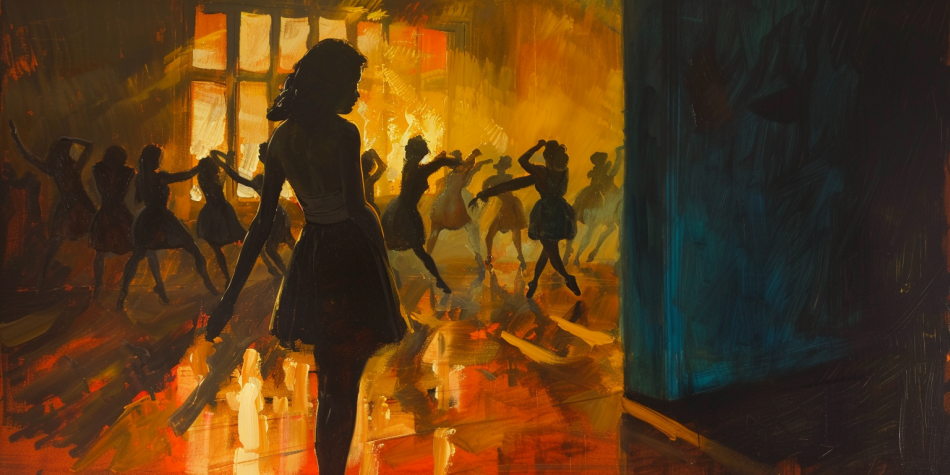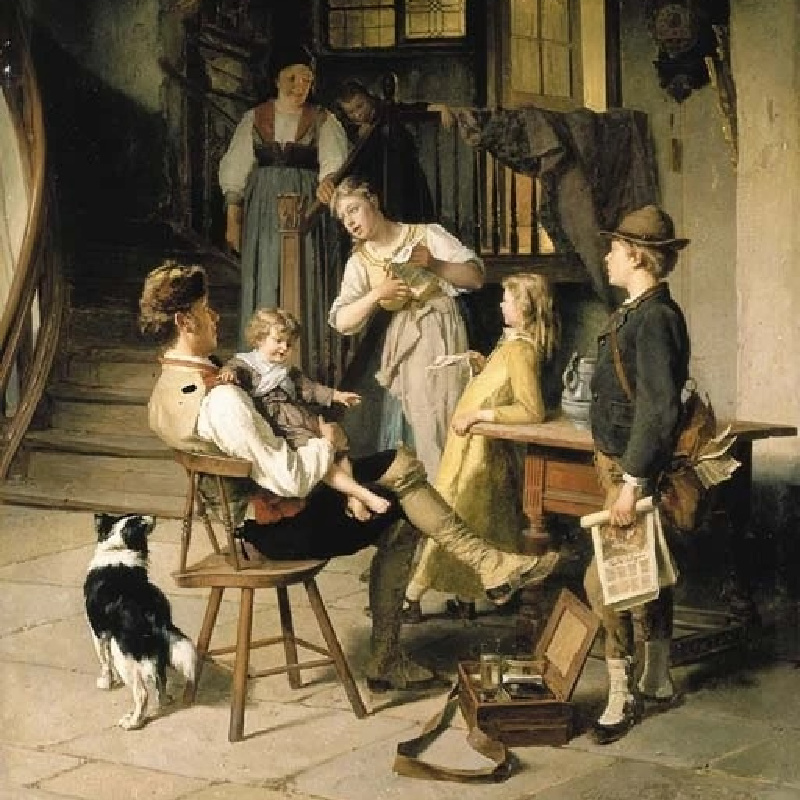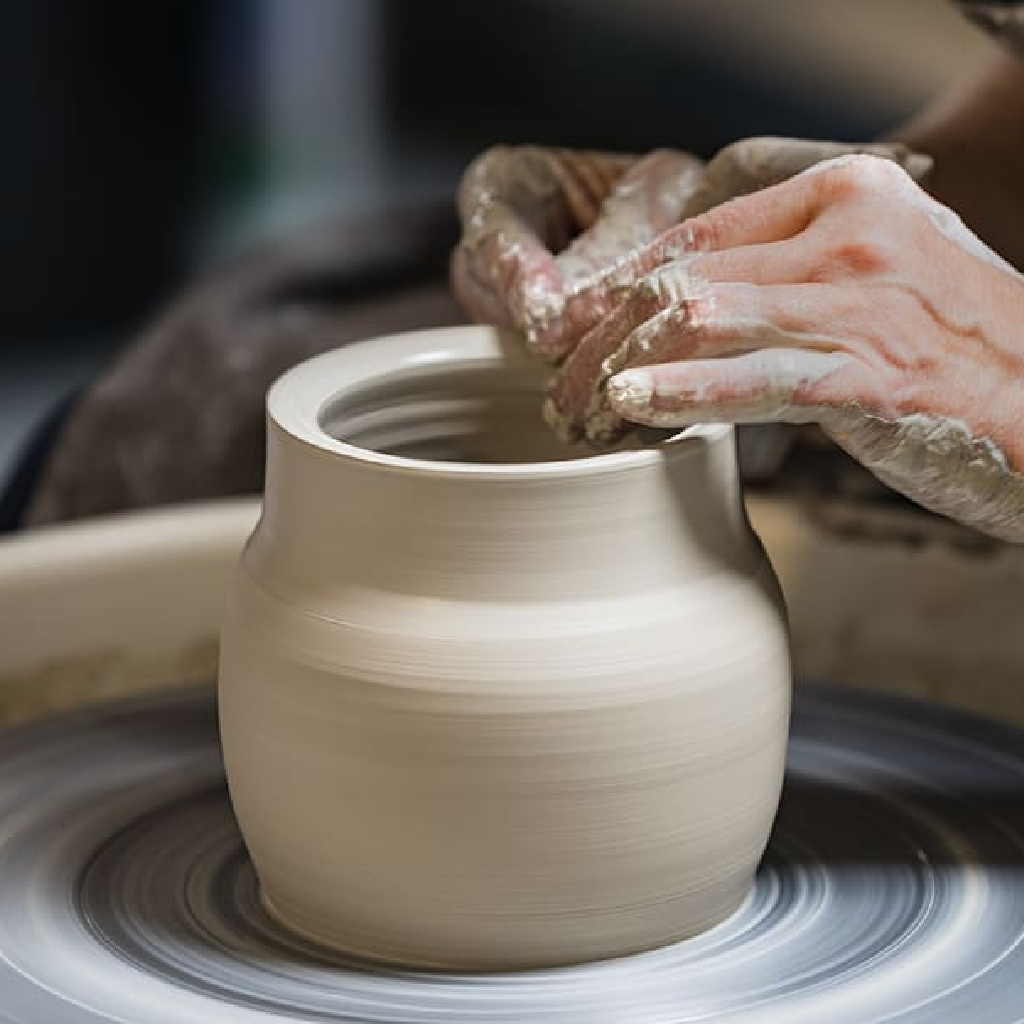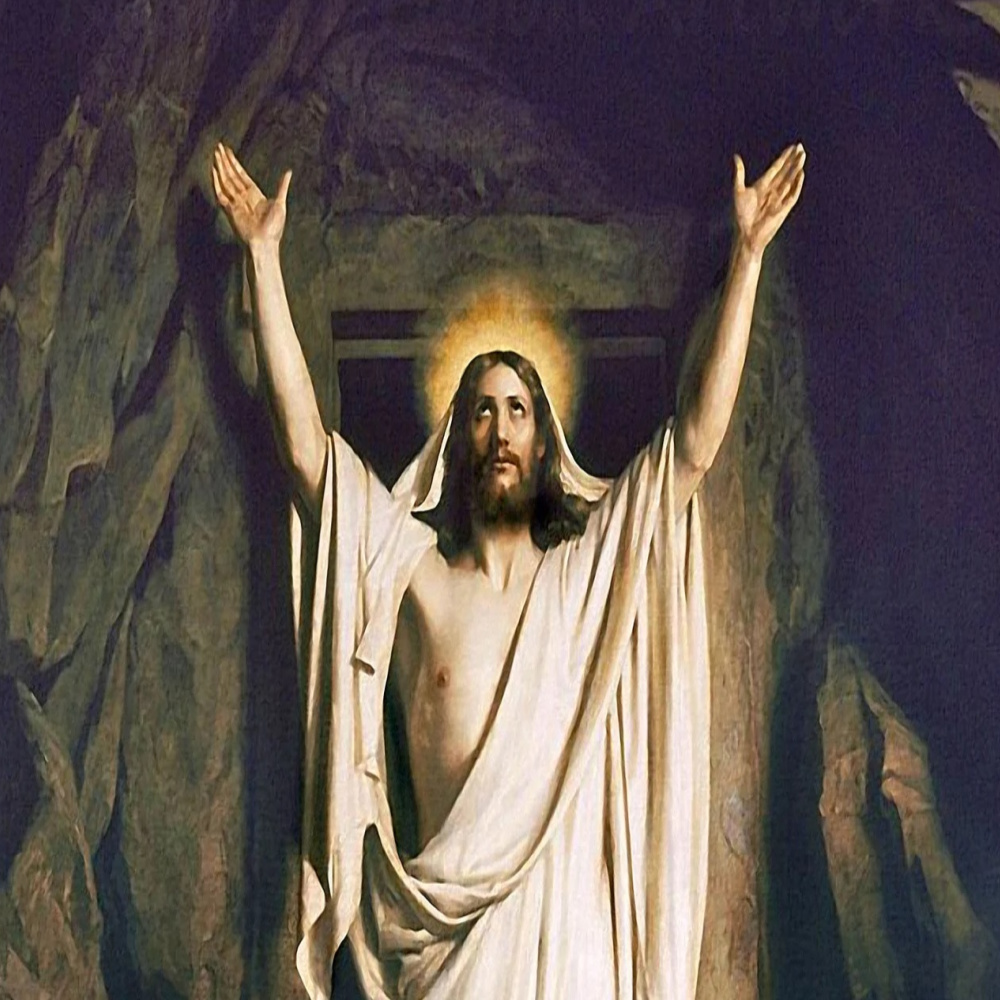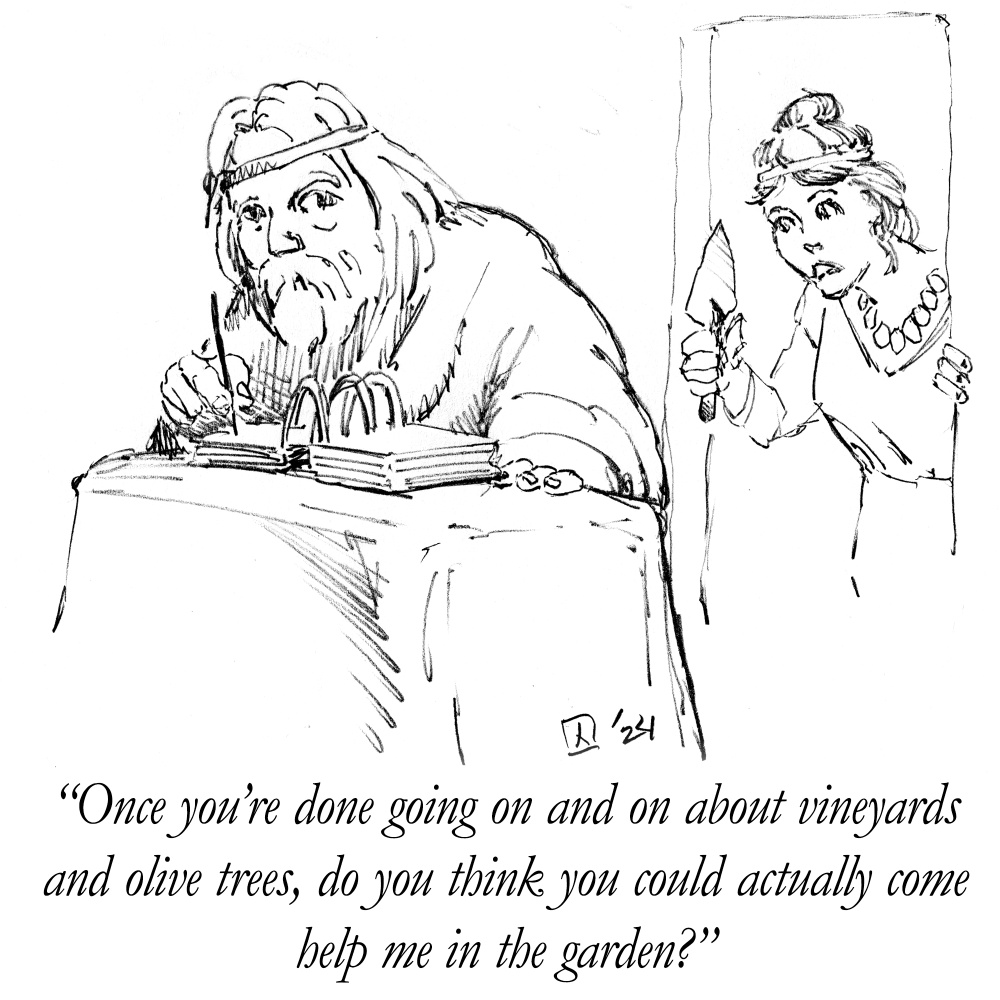I moved to New York City for grad school. I was 38 years old. Single. And pausing my career (and income) to expand my future opportunities.
I moved cities and left my own apartment to rent a 6-ft x 8-ft bedroom with roommates in a 5th-floor walk-up (meaning no elevator).
I was excited. I was nervous.
I had been an educator and an executive assistant and was walking into an Ivy League business program. I felt grateful and old and like an imposter.
Grad school taught me many things. But among them, I learned what a community is and the power that can come from connecting with that community.
As they often do, these lessons came from some key failures. Powerful communities aren’t passive experiences.
I had membership to them largely because I had paid the price for “admission.” For school, I had been accepted and was giving them a hefty chunk of change. For church, I had regularly given my Sundays and various weeknights to showing up. For the city, I was in the trenches with New Yorkers—enduring the weather together, enduring train lines, enduring smells, and enduring living in close quarters together.
In theory, I joined a fourth community: a dance workout gym. I was physically in that community. I had a card for the number of classes I could attend. However, I didn’t engage with people. I didn’t get to know people. I didn’t show up enough so that I could find “my people” or that they could even become “my people.”
David McMillan, a psychologist and professor at Peabody College, has tried to create a working definition for “community” that would help his community better connect. His words deeply resonate with me. Community is “a feeling that members have of belonging, a feeling that members matter to one another and to the group, and a shared faith that members’ needs will be met through their commitment to be together.” I never created this in my dance workout gym, and consequently, every time I walked by the gym, I felt guilt and shame versus the joy and energy I had hoped to have when I signed up.
As I have pondered my experience at the dance gym compared to my experiences in my other communities in New York, I’ve realized powerful communities aren’t passive experiences. Belonging to a community demands active participation from me and from one another, it doesn’t come merely by paying dues or living inside a boundary line.
This participation means getting outside of oneself and getting to know the others there. It means investing in their lives—and allowing others to invest in ours. Powerful communities “support one another in aspects of daily life and to develop to their fullest potential.”
The work of helping one another develop to their fullest potential through daily, ordinary life creates joy. Investing in others creates meaning, purpose, and ultimately community—because our lives matter to and for each other.
Does a key part of community develop because that group of individuals—your tribe of sorts—has your back? This is a group of people who proactively choose to stand together and support one another.
Maybe you are like me . . . I recall growing up that I could be so frustrated and annoyed with my brother or a sister. I’d say the not-the-most-kind things to them or complain about them to my mom. But if I ever heard anyone talking bad about a sibling, I would defend them forever. I could be bugged internally and want some things to change, but to the world, I would defend for forever! Investing in others creates meaning, purpose, and ultimately community.
And an opportunity that I missed out on in my NYC dance class.
I did open up, actively invest, and practice receiving from those I met at school and at church and even in the shared moments New Yorkers have when trains are delayed or the weather is unbearable. I sought to improve things within my sphere of influence in these communities—and would defend them each until doomsday. Relationships made in these communities have changed me in every good way possible.
I missed out on such an opportunity with the dance class, but doing so has changed how I understand community, how I invest in people around me, and how I commit to the communities in which I belong.

